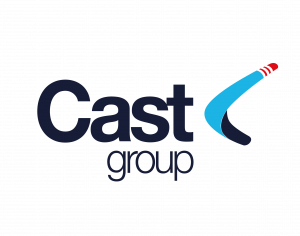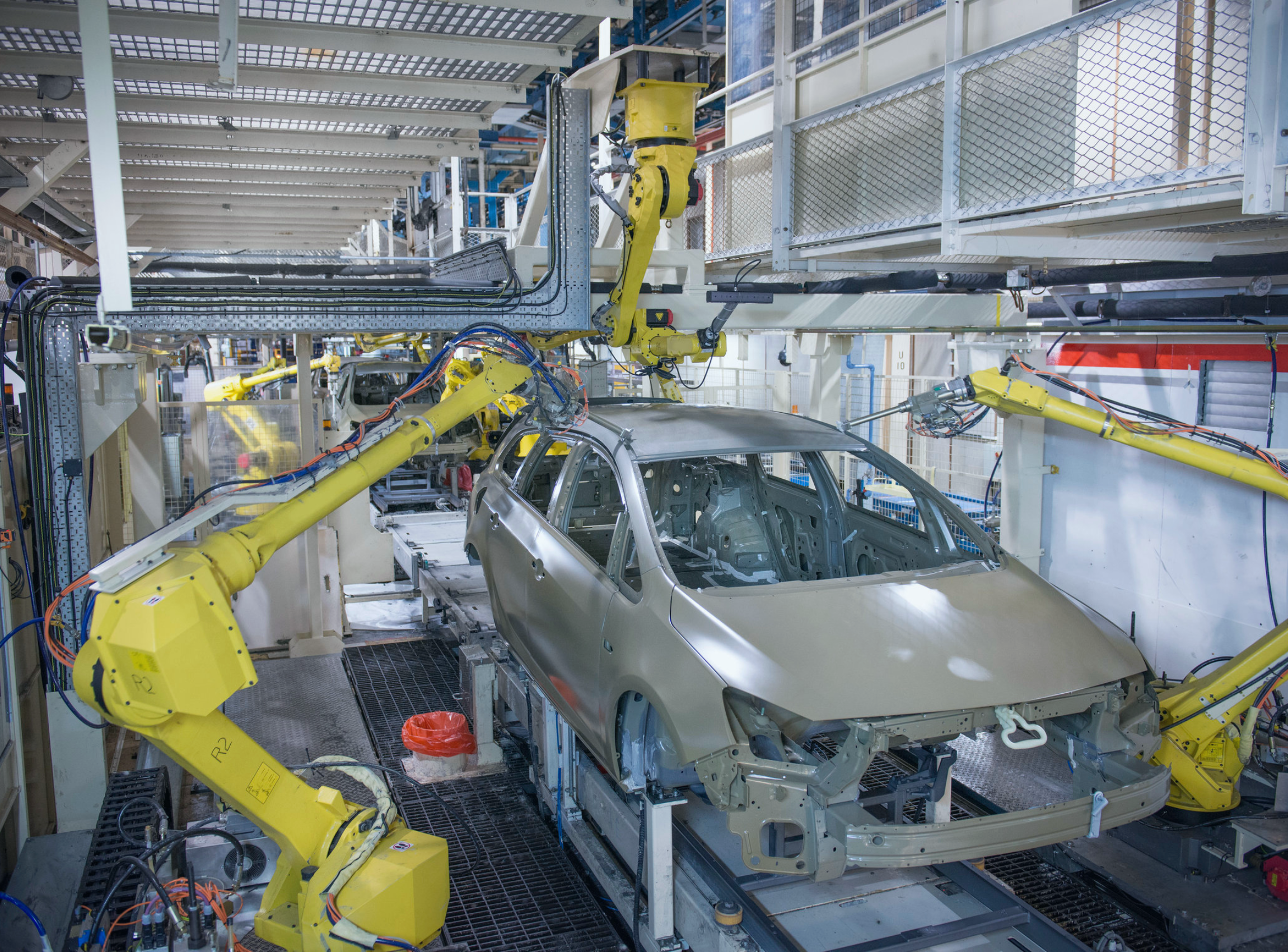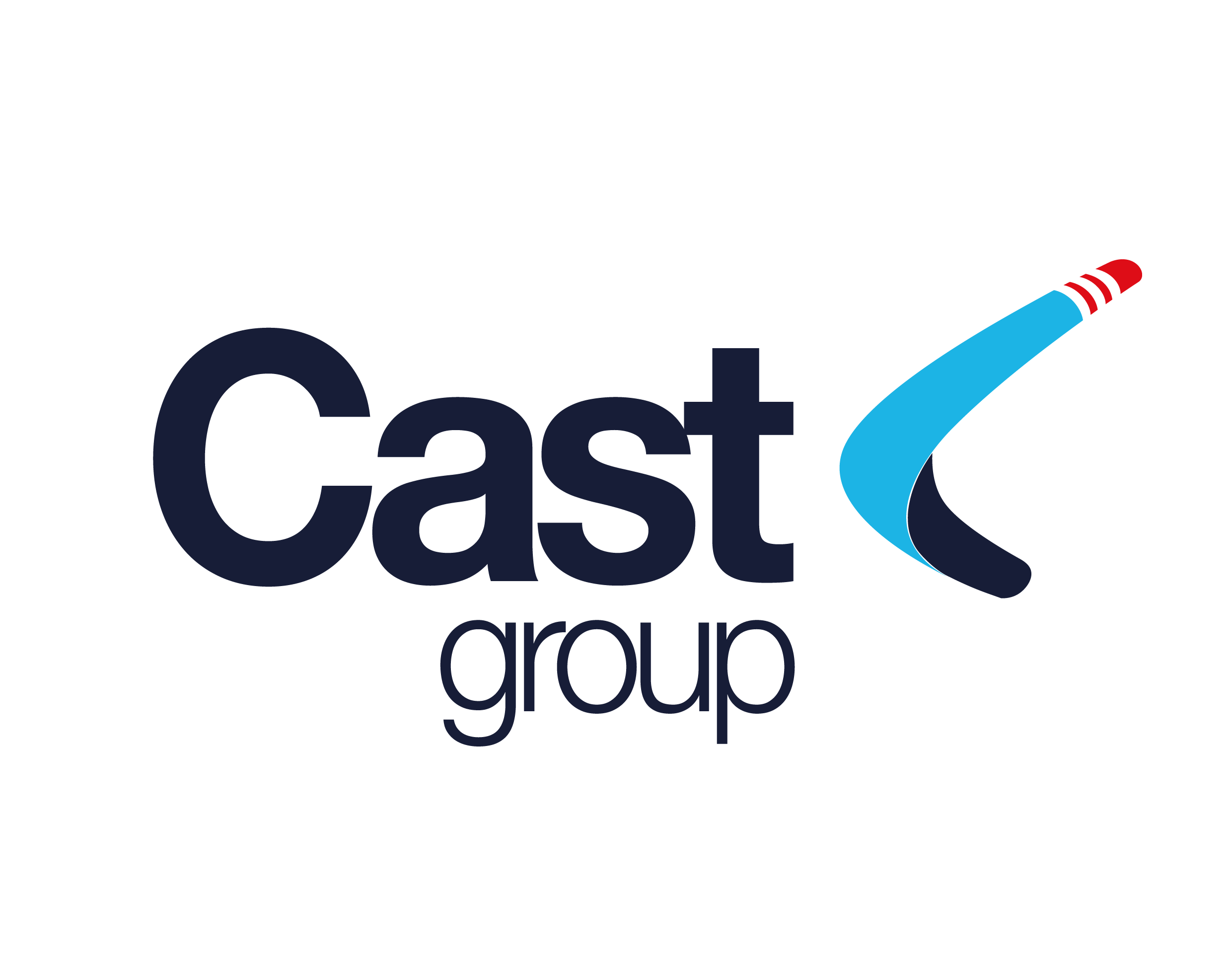Como a nossa abordagem personalizada em sistemas CLP melhora a eficiência da sua fábrica
Na produção industrial moderna, a automação de processos e integração de sistemas CLP tem ganhado força ano após ano, fazendo a indústria ficar mais forte e movimentar mais a economia.
No Brasil, por exemplo, o mercado da Indústria 4.0 pode chegar a US$ 5,62 bilhões em 2028, segundo pesquisa.
Sob este contexto, ferramentas inteligentes como CLP, ou Controlador Lógico Programável, se mostram fundamentais no processo produtivo, pois proporcionam controle preciso e confiável a toda operação
No entanto, a implementação de um sistema CLP eficaz exige uma abordagem personalizada que leve em consideração as necessidades específicas de cada fábrica.
Por isso, neste artigo, vamos explorar o que são os sistemas CLP, como são importantes para as empresas e como a nossa abordagem personalizada se insere nessa mistura para garantir o sucesso da solução.
Aproveite a leitura!
O que são sistemas CLP?
O Controlador Lógico Programável (CLP) é a espinha dorsal da automação industrial, desempenhando papel crítico nos processos produtivos.
São computadores industriais robustos projetados para controlar máquinas e processos em tempo real.
Sua estrutura contém um processador ou CPU (Central Processing Unit), memória para leitura e gravação (memória RAM), memória de leitura (ROM) e portas de comunicação (COMs).
Os CLPs substituem relés e temporizadores, oferecendo maior flexibilidade e funcionalidade. Podem gerenciar tudo, desde linhas de produção até processos de embalagem e montagem.
Eles recebem informações de sensores e dispositivos de entrada, processam esses dados e controlam dispositivos de saída, automatizando processos sem intervenção manual.
Importância dos sistemas CLP na Indústria
Os CLPs atuam como o “cérebro” que controla e monitora máquinas e processos.
Sua utilização faz com que as empresas operem de maneira precisa, segura e econômica.
Isso porque os CLPs ajudam a minimizar o desperdício, reduzir erros humanos e melhorar a qualidade do produto.
Além disso, a flexibilidade dos CLPs também permite rápida adaptação a mudanças na produção.
Em que setores industriais os sistemas CLP podem ser aplicados
Os sistemas CLP pode ser utilizados em uma ampla variedade de aplicações industriais, incluindo:
- Manufatura: Controle de linhas de produção, robôs e outros equipamentos automatizados.
- Energia: Controle de usinas de energia e redes de distribuição.
- Petróleo e gás: Controle de plataformas de perfuração e pipelines.
- Água e esgoto: Controle de estações de tratamento de água e esgoto.
A nossa abordagem personalizada
Aqui na Cast Group, realizamos a implementação de sistemas CLP e proporcionamos uma abordagem personalizada que envolve três etapas principais: compreender as necessidades específicas da sua fábrica, desenvolver soluções sob medida e integrar e implementar as soluções de forma eficiente.
Entendimento das necessidades específicas da sua fábrica
O primeiro passo é entender profundamente as necessidades da sua fábrica.
Cada indústria tem requisitos e desafios únicos, por isso nossa equipe se dedica a realizar uma análise detalhada dos processos de produção, identificando pontos de melhoria.
Isso se dá através de conversas com os operadores e gestores para identificar problemas e oportunidades, além da utilização de ferramentas de diagnóstico e auditorias de sistema que ajudam a mapear todos os detalhes necessários.
O entendimento das necessidades assegura que as soluções propostas sejam, de fato, úteis e tragam benefícios reais à operação da fábrica.
Desenvolvimento de soluções sob medida
A próxima etapa é o desenvolvimento de soluções sob medida. Cada solução é personalizada para atender aos objetivos específicos identificados na análise inicial.
Para isso, a equipe técnica elabora um plano detalhado que abrange desde a seleção do equipamento apropriado até a programação personalizada dos sistemas.
O foco é garantir que as soluções não apenas resolvam os problemas atuais, mas também preparem a empresa para futuros desafios e necessidades.
Integração e implementação eficiente
O último passo é a efetiva integração e implementação do sistema CLP.
Esta fase envolve a instalação do hardware, configuração do software e treinamento dos operadores.
Durante a implementação, é realizada uma monitorização contínua para assegurar que todos os sistemas funcionem conforme o planejado.
Além disso, qualquer ajuste necessário é feito rapidamente para maximizar a eficácia da operação.
Leia também: A importância da integração de sistemas nas organizações
Benefícios da abordagem personalizada
O uso de um sistema CLP, somado com uma abordagem personalizada, resulta em diversas vantagens para as empresas, incluindo aumento da produtividade, redução de custos operacionais, e melhoria na qualidade do produto. Veja com mais detalhes:
Aumento da produtividade
A produtividade de uma indústria pode crescer significativamente com o uso de automação e de um sistema CLP configurado de forma personalizada .
Isso porque a automação de tarefas repetitivas permite que máquinas operem continuamente sem a necessidade de intervalos, minimizando o tempo de inatividade.
Já a capacidade de ajustar parâmetros em tempo real faz com que processos sejam aperfeiçoados, evitando gargalos. Isso leva a uma produção mais rápida.
Além disso, o monitoramento constante dos dados possibilita ajustes imediatos, elevando o rendimento das operações.
Redução de custos operacionais
Outra vantagem dos sistemas CLP personalizados é a redução de custos operacionais. A automação diminui a necessidade de intervenção humana, o que reduz despesas com mão de obra.
Menos intervenção humana também significa menor ocorrência de erros, diminuindo gastos com retrabalhos e manutenção.
Além do mais, a economia de matéria-prima pela precisão e controle dos processos também colabora para uma redução considerável nos custos.
Melhoria na qualidade do produto
Por fim, mas não menos importante, a automação personalizada e os sistemas CLP tem impacto direto na qualidade do produto.
A precisão no controle dos processos assegura que cada item produzido atenda aos padrões desejados, reduzindo a variabilidade.
Além disso, configurações específicas do CLP permitem a detecção e correção de falhas em tempo real.
Como consequência, produtos melhores são entregues, cresce a satisfação do cliente e a reputação da empresa.
Leia também: Entenda porque a automação é o primeiro passo para sua empresa entrar na indústria 4.0
Como começar com a nossa abordagem personalizada
Para iniciar a transformação da sua fábrica com sistemas CLP personalizados, entre em contato com a Cast Group.
Nossa equipe de especialistas está pronta para realizar uma análise detalhada das suas necessidades e desenvolver uma solução sob medida que proporcionará resultados concretos.
A partir deste contato, é o momento da configuração e instalação de equipamento e sistemas, testes rigorosos de funcionamento, e orientações para operação.
Depois, é só fazer uso do sistema CLP instalado e manter monitoramento constante de desempenho para possíveis ajustes.
Conclusão
Ao longo deste artigo, exploramos o papel dos Controladores Lógicos Programáveis (CLPs) na automação industrial.
Destacamos como esses sistemas são importantes e úteis para o setor industrial moderno, pois oferecem controle preciso e confiável sobre diversas operações.
Mas os CLPs não são apenas ferramentas poderosas; eles são ferramentas que, quando implementadas com abordagem personalizada, como a da Cast Group, se transformam em catalisadores de transformação de um negócio.
Isso porque geram diversas vantagens como: automação de tarefas, redução de manutenção, aumento da qualidade da produção e economia de custos.
Em suma, é uma solução imprescindível para toda empresa que deseja incrementar sua produção e se destacar perante um mercado cada vez mais exigente e dinâmico.



